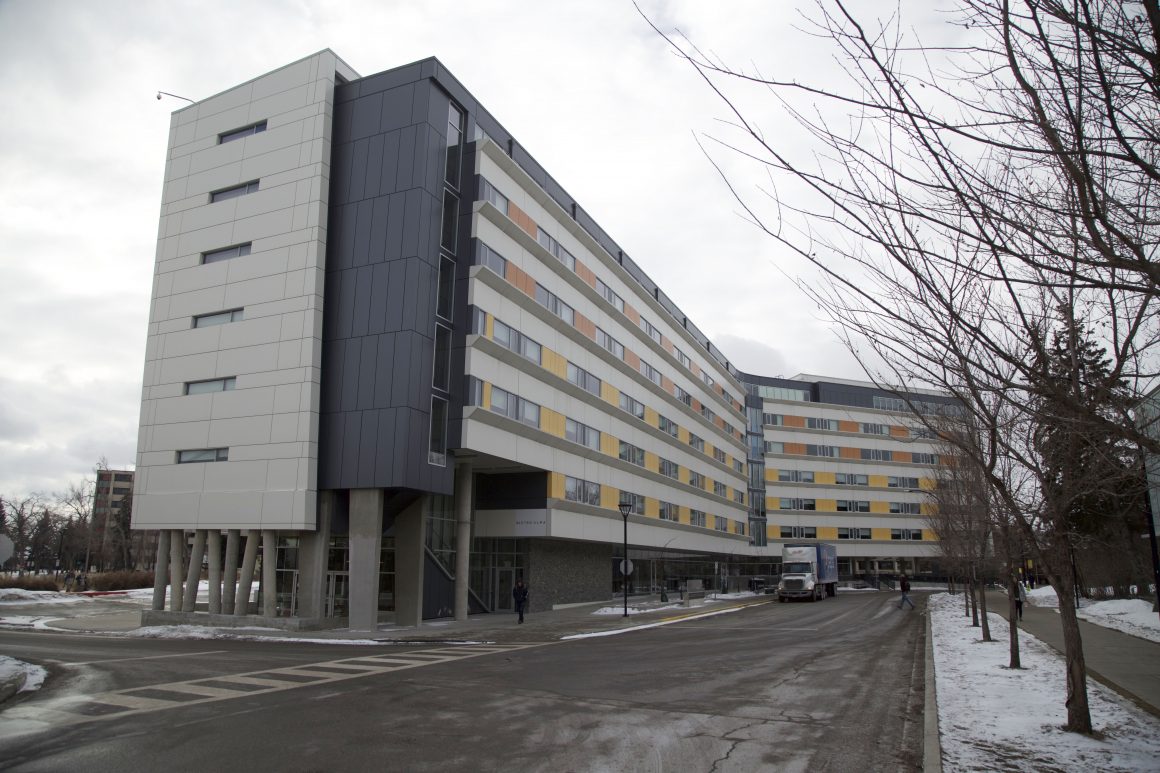
Social work faculty co-hosts conference to raise awareness of Fetal Alcohol Spectrum Disorder
By Scott Strasser, February 14 2017 —
The Faculty of Social Work co-hosted a conference to raise awareness of Fetal Alcohol Spectrum Disorder (FASD) from Feb. 5–9. The conference was held at Hotel Alma at the University of Calgary.
The faculty co-hosted the event alongside the Aboriginal Friendship Centre of Flin Flon, Manitoba and the Public Health Agency of Canada (PHAC). The inaugural event aimed to educate members of Canada’s Head Start Program sites of new developments in FASD research.
“This is the first ever national training event like this and we’re really focused on a strengths-based perspective and positive outcome for children and families,” said U of C social work professor Dorothy Badry, whose research specializes in FASD.
FASD is a disability caused by prenatal exposure to alcohol. According to the Canada FASD Research Network, there are no confirmed statistics on the number of Canadians with FASD, but prenatal alcohol exposure is “considered the most common known cause of developmental disability in the western world.”
The disorder can result in physical development problems, as well as learning and behavioural difficulties later in life.
According to PHAC, the disorder is more common in indigenous communities than non-indigenous ones. A 1997 study of an indigenous reserve in Manitoba showed FASD was present in as many as 101 per 1,000 births in that community.
New Canadian diagnostic guidelines on FASD were developed at the College of New Caledonia in British Columbia and published in 2015.
The conference at the U of C was meant to bring more recent information on the disorder to indigenous communities across the country.
“It’s about bringing the information across Canada to the Aboriginal Head Start programs so there can be information disseminated among each of the provinces,” conference facilitator Lisa Lothian said.
The Aboriginal Head Start program promotes education and childcare programs in indigenous communities across the country. There are 134 Head Start sites across Canada.
One of the conference attendees was Dolora Parisian, the executive director of the Aboriginal Family Service Centre in Regina. She said the information presented at the conference can have a ripple-effect.
“We all watch television and we all watch commercials and we know how much alcohol is promoted, especially aimed at the younger generations,” Parisian said. “We need to counter that message with the important facts that drinking can harm an unborn baby.”
Around 25 delegates from Head Start sites across Canada attended the conference.
